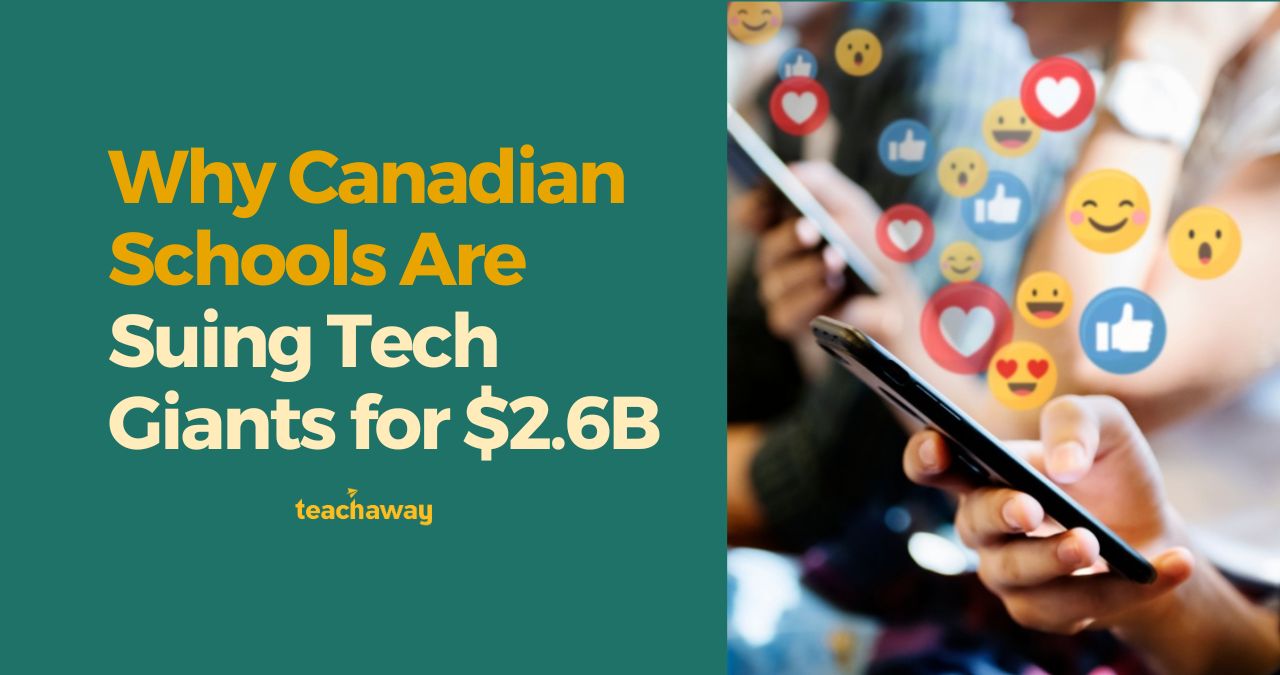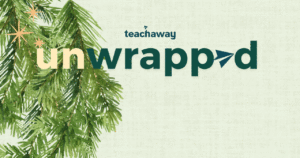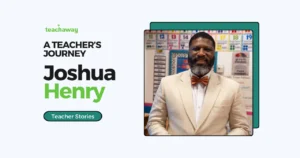Five more Canadian school boards and two private schools have joined multiple ongoing lawsuits. Canadian schools are suing big tech companies over addictive platforms harming students to compensate for the massive strain on resources.
What’s the Situation?
Five more Ontario school boards and two private schools have joined multiple ongoing lawsuits against major tech companies Facebook, Instagram, Snapchat, and TikTok for CA$2.6 billion, alleging their platforms are intentionally addictive and harming students’ mental health and learning capacity.
This brings the total to 11 Canadian schools and school boards, which is made up of a mix of public schools, Catholic schools, and private schools.
The new schools to join the lawsuit include public and Catholic school boards:
- Dufferin-Peel Catholic District School Board (DPCDSB)
- York Catholic District School Board (YCDSB)
- Trillium Lakeland District School Board (TLDSB)
- Ottawa Catholic District School Board (OCSB)
- District School Board of Niagara (DSBN)
- Private school Holy Name of Mary College School
- Private school Eitz Chaim
In March 2024, four of Canada’s biggest school boards filed similar lawsuits, seeking CA$4.5 billion, while cases from about 500 school boards are currently playing out in the U.S.
The first four schools to launch the lawsuit in March:
- Toronto District School Board (TDSB)
- Peel District School Board (PDSB)
- Toronto Catholic District School Board (TCDSB)
- Ottawa-Carleton District School Board (OCDSB)
The Rise of Social Media and Its Challenges
In an email to parents from the York Catholic District School Board, the chair of the board and the interim director of education, (Elizabeth Crowe and John De Faveri, respectively) notes the impact that social media has had on students:
“It’s rewiring the way that they think, act, behave, and learn. As a result, educators are spending increased classroom time managing issues caused by social media, administrators are forced to rework curriculum to meet the adapting needs of a student body with significant attention, focus, and mental health concerns, and the changing behavioural dynamics of the student population are causing significant shifts in the educational landscape and huge strains on school boards’ finite resources.”
What the Lawsuit is Calling For
According to the news release, the lawsuit calls on social media giants to redesign their products to keep students safe. These changes will result in a reduction in mental health harms to youth and disruptions to the education system.
The email continues, “The impact of social media products on student learning is a multifaceted problem that requires a multipronged approach. This action will work in concert with new policy proposed by the provincial government to limit devices in the classroom.”
The announcement, coupled with the provincial government’s recent policies limiting cell phone use in schools, highlights concerns surrounding social media products.
These lawsuits address the compulsive social media use happening both during school hours and outside the classroom, which continues to permeate the education system, impacting student learning and well-being.
A New Era of Digital Citizenship in Education?
One potential area of focus could be the integration of digital citizenship education into curricula across all grade levels. By equipping students with the knowledge and skills to navigate the online world responsibly and critically, we can empower them to become active participants in shaping a more ethical digital future.
This could involve teaching students about
- Online safety and privacy
- Cyberbullying prevention
- Media literacy and critical thinking
- Digital footprint management
- Ethical use of technology
Improve your student’s digital learning and literacy skills with Columbia University and Teach Away
Digital learning and digital literacies are quickly becoming a standard part of the 21st-century classroom. Bring your teaching practice up to date with digital literacy training from the top-ranked Teachers College, Columbia University.
In this Digital Literacy course, K-8 teachers will be prepared to develop their own digital literacy skills, as well as those of their students. With an emphasis on current theory and research in digital learning as it applies to the K-8 classroom, teachers in this course will refresh and expand their understanding of digital literacies. Enroll today.



